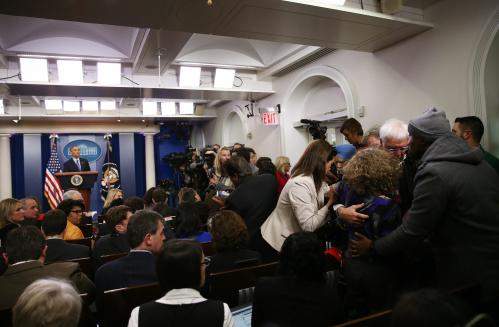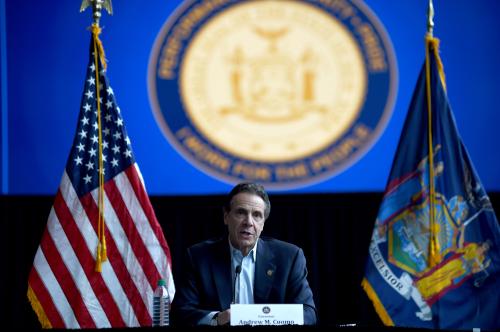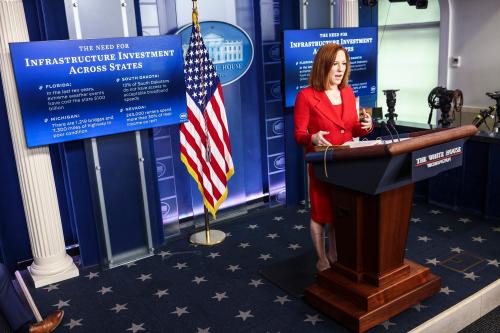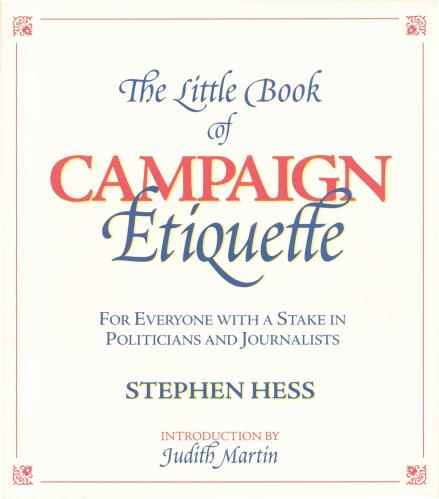President Trump’s reported intention to scale back Sean Spicer’s briefing duties, and the number of briefings themselves, may come as welcome relief to the press secretary so relentlessly targeted on Saturday Night Live. Apparently his deputy Sarah Huckabee Sanders and rotating Administration staff will replace him at the podium. But these moves are not likely to repair the damage already done to any of Trump’s spokespeople.
They serve a president who from the beginning has undermined their ability to serve him credibly and well. Just in the last month, they have been left scrambling to explain the firing of the FBI director, only to be contradicted by the President. They have been left holding the bag when Russian but not American media were allowed into an Oval Office meeting. Their boss met with leaders of Russia and Turkey , whose governments have murdered or imprisoned dozens of reporters and shut down hundreds of media operations in their countries. We learned the president talked to Jim Comey about how the FBI could investigate reporters. During the president’s nine-day foreign trip, Spicer held only one off-camera briefing and the president broke with precedent by holding not one news conference.
There is value to the presidency and to any president in having a respected and credible spokesman—someone who is the face and voice of the president and who, like the president himself, has a broader responsibility to the American people. A bit of history shows why.
Personal, presidential and institutional credibility hit new lows during the Nixon years. His spokesman Ron Ziegler coined the phrase “that’s now inoperative” when, time after time, facts forced him to retract earlier statements. This behavior created a growing credibility gap.
His successor, Jerry terHorst, President Gerald Ford’s press secretary, was credited with bringing openness and honesty to the White House briefing room following the ongoing, deliberate misleading of the press during the Nixon years.
He so valued credibility behind the briefing podium that he resigned after only one month when he was shut out of Ford’s decision to pardon Richard Nixon. “As your spokesman, I do not know how I could credibly defend that action…” terHorst wrote in his resignation letter to the president. He disagreed with the pardon as a matter of principle and justice.
Unlike terHorst, who was a reporter and Ford’s biographer, many press secretaries come to the job with experience as political spokesmen. Mr. Spicer and Ms. Sanders did. But in the past, spokespeople had the trust of the president and were generally in the loop, sometimes as key advisers. Jody Powell for President Carter, Marlin Fitzwater for President George H.W. Bush, and Mike McCurry for President Clinton were three of the best. They made a point of protecting the credibility of the White House and its daily briefings in different ways. It’s a tough job and no one is perfect at it, but history suggests some principles apply.
Tell the truth.
A cartoon from the 1980s shows George Washington being told “Cannot tell a lie? Get a press secretary.” But when a spokesman loses credibility because of a lie, that person no longer serves as an asset to his boss or the country.
In his book The Other Side of the Story, Jody Powell acknowledges that he lied to the press about the attempted rescue of the Iranian hostages. Powell justified it to protect the mission and the lives of the hostages and to mislead the Iranians holding them. Despite this canard, he was still hailed as one of the best press secretaries, in part because that incident was the exception in his time behind the podium. A 2009 New York Times article about Powell outlines what makes a good press secretary.
Mike McCurry’s wit was an asset, well-reflected in his definition of the job: “to tell the truth, slowly.” Hiring attorney Lanny Davis in the White House counsel’s office to handle questions on the investigations that plagued the Clinton administration was one way he tried to keep the daily briefings focused on the President’s agenda. Davis later wrote a book on crisis communication that the Trump White House might want to consider as it sets up its own war room. Its title is Truth to Tell: Tell It Early; Tell It All, Tell it Yourself.
Understand the job: act as if you have more than an audience of one.
Marlin Fitzwater described his job this way: we do the people’s business and we should be able to explain it. He knew that giving reporters answers that helped them understand a president or an administration’s policies and actions was a big step toward more accurate coverage, and by extension a better understanding by the public.
Follow the advice of JFK’s counselor Ted Sorensen: practice clarity, charity, brevity and levity.
- Levity: Learning to pivot with humor is key. Powell dispelled tension in the briefing room with down-home humor; McCurry did the same with his wit.
- Charity: It helps to like reporters, or at least acknowledge their First Amendment freedoms and the role they play in holding power accountable. Good press secretaries do not deliberately demean reporters or treat them with disdain, to preserve goodwill for when an administration finds itself in difficult times. A good working relationship offers the benefit of the doubt when you need it.
- Clarity and brevity: For Sorensen, clarity comes from short words, short sentences, and short paragraphs. Yes or no answers buy you grace for the next time when you can’t be as definite. Although there are times you can’t be brief or clear on camera, no matter how many badgering questions you get, make that the exception and do what you can to advance understanding off camera.
None of this may be possible with the Trump administration.
Corey Lewandowski and other street fighters may be coming back to run a war room devoted to growing investigations, but their credibility is no better, and may be worse, than the current team’s.
His communications director is stepping down. Now is a good time for the entire White House communications team, but especially Spicer, to follow terHorst’s example and resign. Leave the job to someone who wants it and is doing it anyway: President Trump. That way, the only reputation he can damage is his own. The stakes are high for someone in Spicer’s position: he has to repair his own credibility if he wants to continue in this line of work and protect his personal liability as the subpoenas arrive. Maybe it is best to follow the example of Jerry terHorst and resign on principle citing, among other things, the First Amendment.
The Brookings Institution is committed to quality, independence, and impact.
We are supported by a diverse array of funders. In line with our values and policies, each Brookings publication represents the sole views of its author(s).











Commentary
Changing the faces at the White House briefing and adding a war room won’t bridge President Trump’s credibility gap
May 30, 2017